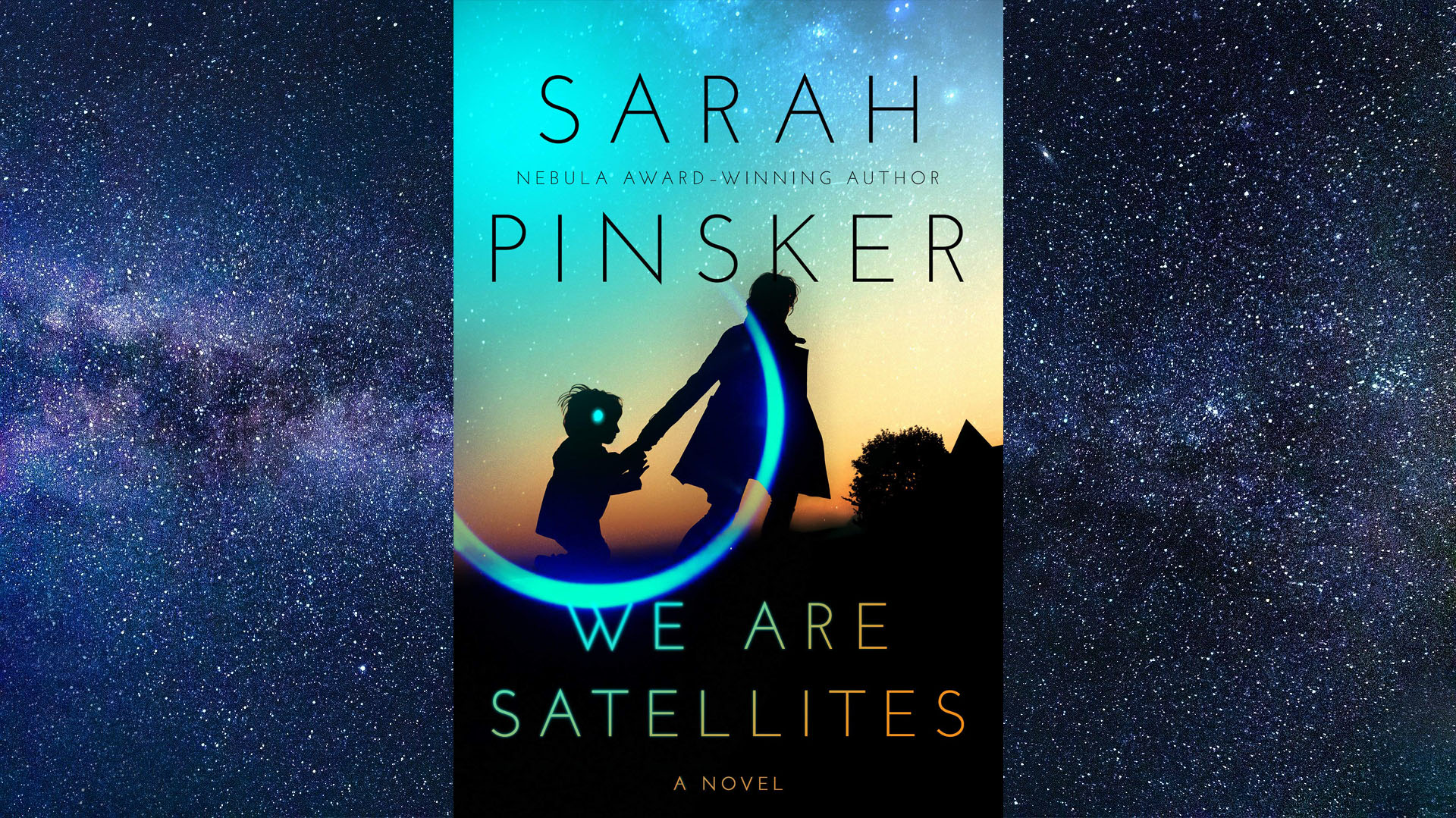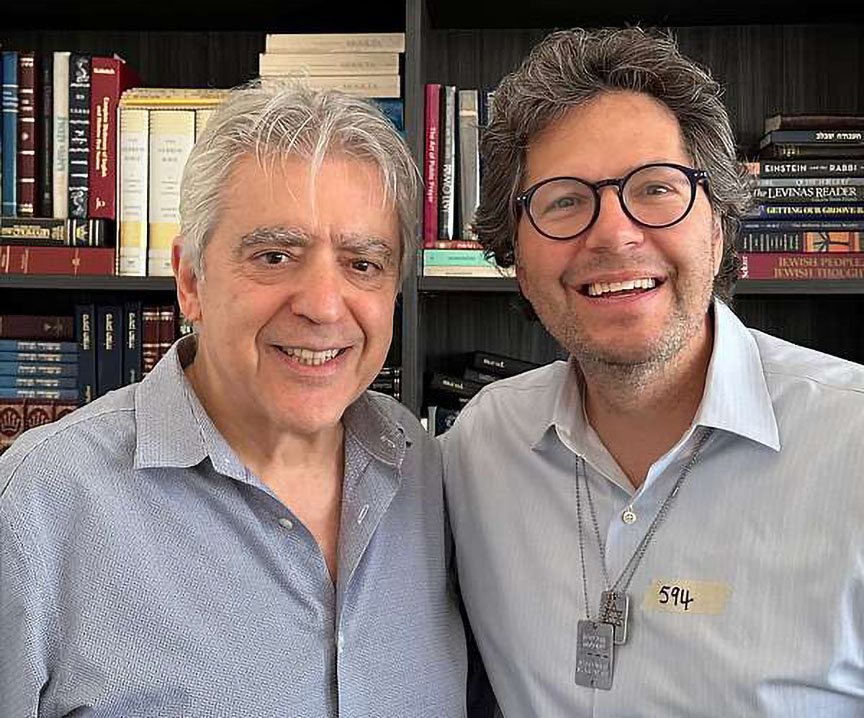
Science-fiction novelist Sarah Pinsker believes she owes an apology to the late Ursula K. Le Guin.
Approximately thirty years ago, Le Guin was discussing her essay, “Why are Americans Afraid of Dragons?” at an author Q&A in Toronto. A fourteen-year-old Pinsker raised her hand.
“Are we still afraid of dragons or is speculative fiction more accepted?”
“I don’t say ‘speculative fiction,’” replied Le Guin. “I say science fiction.”
“Well, I don’t!” Pinsker snapped.
Pinsker has carried the guilt with her ever since. Fortunately, it hasn’t prevented her from pursuing her own career as a songwriter and award-winning author. The daughter of a Reconstructionist rabbi, Pinsker grew up reading science fiction and fantasy. She graduated with a history degree from Goucher College and became the lead singer of “Stalking Horses,” a Baltimore-based rock band.
Pinsker wrote pieces for Uncanny Magazine and Asimov’s Science Fiction Magazine, including the acclaimed short story, “The Transdimensional Horsemaster Rabbis of Mpumalanga Province.” In 2019, her short story collection, “Sooner or Later Everything Falls into the Sea” (Small Beer Press, 2019) was awarded by the Philadelphia Science Fiction Society.
In 2020, Pinsker became the second Jewish woman to ever receive a Nebula Award for Best Novel from the Science Fiction and Fantasy Writers of America. “A Song for a New Day” (Berkley Books, 2019) was Pinsker’s first published book after years of writing novelettes. The heroine is a Jewish musician in a pandemic-ridden world, a creepy coincidence considering what real life had in store.
“When you write something near-future like that, you try to do a lot of homework–at least I do–and you try to ask a lot of questions, like, ‘What would happen?’” Pinsker explained over the phone. The author was sitting inside her family’s home in Maryland. “I think I must’ve asked the right questions and… it just happened that we got a very similar pandemic to the one that I was writing in a lot of ways. But I didn’t particularly want to ever live it and I was hoping not to, but here we are.”
Pinsker undoubtedly did her homework when writing her latest book, “We Are Satellites” (Berkley Books, 2021). “We Are Satellites” follows an all-American family adapting to the latest tech fad: surgically-implanted brain chips called “Pilots” that allow the wearer to multi-task at an extraordinary pace. Pinsker became curious about the role of technology in treating neurological disorders while working with the Epilepsy Foundation of the Chesapeake Region. She learned about implanted devices for individuals with epilepsy that “normalized” brain cells via neuromodulation. After attending various information sessions, Pinsker was inspired to begin typing the first draft of “We Are Satellites” inside a coffee shop.
“I was worried that whole time that life would catch up with this book before I got a chance to write it, which was a very real risk,” Pinsker laughed. “The near future that I write is so close to the present that there is a major [risk of] being lapped by the actual present.”
Perhaps someone is even designing an actual “Pilot” at this very moment.
“I know that Elon Musk has brain implants in mind,” Pinsker pointed out. She’s not wrong–the billionaire CEO is currently developing actual brain computer chips. “Google Glass failed, but there’s other stuff that people can do. And these companies have ethics officers, but profit is still their motive and there is always going to be a question of, ‘Will they listen to the ethics officer? Will the ethics officer think of everything?’ And I think that’s where science fiction sometimes comes in–we get to ask some of those questions.”
Ursula K. Le Guin would certainly agree.
Eve Rotman is a writer on the West Coast.




















 More news and opinions than at a Shabbat dinner, right in your inbox.
More news and opinions than at a Shabbat dinner, right in your inbox.